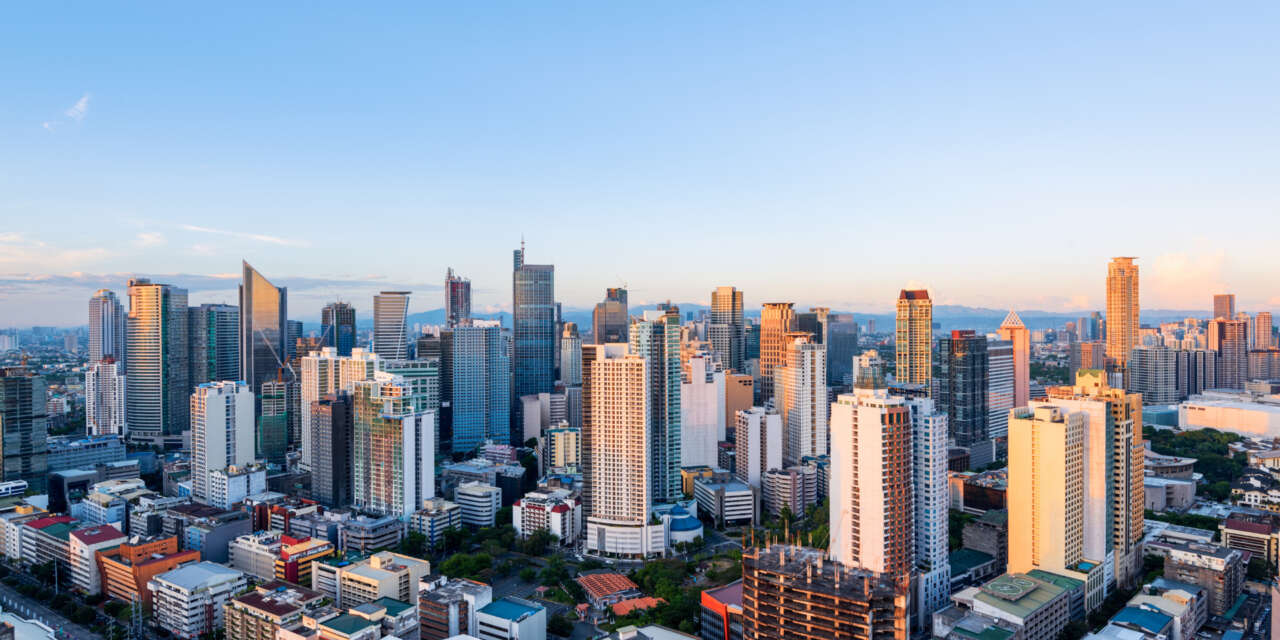
Trade Justice Pilipinas has criticized the Duterte administration for prioritizing liberalization policies favoring foreign corporations instead of boosting local corporations as main drivers of post-Covid economic recovery.
Liberalization has become the default economic program of the Duterte government. It’s the magic pill that is expected to cure all that ills Philippine economy. In the wake of the profound impacts of the pandemic on people’s lives and livelihoods, it seems opening up the economy to the entry of foreign corporations is the best this government can offer.
Duterte signed last March 2, 2022 Republic Act 11647, which aims to promote foreign investments by amending the Foreign Investments Act of 1991. The new law would now allow foreign investments in more areas formerly reserved for Filipinos. Even the reservation on entry into micro and small domestic enterprises has been eased by lowering the paid in equity capital requirement from $500,000 in the old law to $200,000.
MSMEs, which account for 99.6 percent of all enterprises in the country, are constantly praised for their very important role in developing the Philippine economy, creating jobs and reducing poverty. Yet the default policy now is to subject these enterprises to more foreign competition without the requisite level of support that would make them competitive.
“Failing to push for amendments to the Constitution to remove restrictions to foreign ownership and participation, Duterte and the proponents of the law have instead adopted this piecemeal approach; pushing the amendments to foreign investments act, the public services act and retail trade liberalization act. This piecemeal approach is tantamount to death by a thousand cuts for local micro, small and medium sized enterprises, and the workers dependent on these companies.” said Joseph Purugganan, co-convenor of Trade Justice Pilipinas.
“Government is saying, the Philippines should catch up with its neighbors when it comes to opening up to investors. What is not being discussed is that we also trail behind our SEA neighbors when it comes to support for MSMEs,” Purugganan added.
The Philippines trails behind its neighbors when it comes to financing for its MSMEs. According to an ADB report, bank loans to MSMEs in 2019 was equivalent to 30.3% of Thailand’s GDP, followed by Malaysia (18.5%), Singapore (15.1% [2018]), the Lao PDR (8.5%), Indonesia (7.0%), the Philippines (3.2%), and Myanmar (1.0% [2018). In US dollar terms, Thailand’s MSME lending was $218 billion in 2019, followed by Indonesia ($80 billion), Malaysia ($68 billion), Singapore ($57 billion), the Philippines ($12 billion), the Lao PDR ($1.6 billion), and Myanmar ($772 million) (ADB 2020).
This wave of investment liberalization should be viewed in connection with the strong push as well for trade liberalization via FTAs like RCEP. The new commitments under RCEP and trade agreements coupled with these policies that ease restrictions on foreign investments constitute a one-two punch against small Filipino businesses, and the negative impact would inevitably affect their workers as well. MSMEs provide for more than 62 percent of jobs in the Philippines.#
Contact
Joseph Purugganan







